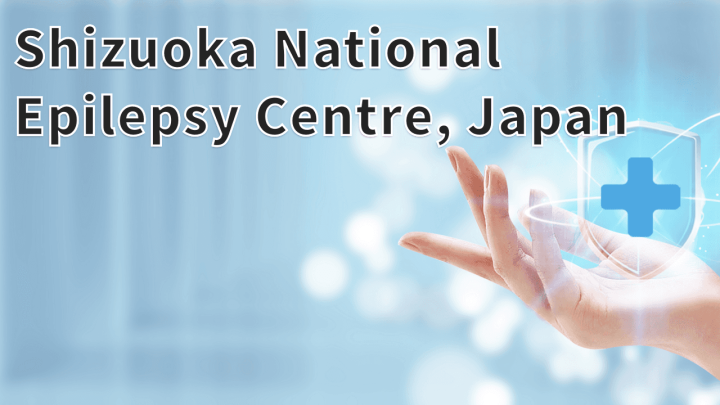The Shizuoka National Epilepsy Centre, also known as the National Shizuoka Centre for Epilepsy and Neurological Disorders, is located in Shizuoka Prefecture, between Tokyo and Osaka, Japan, about one hour from Tokyo. It is a renowned epilepsy centre in Asia and one of the largest epilepsy centres in the world at present, with international specialist hospitals for advanced equipment and technology. The hospital has about 410 beds, including 200 epilepsy beds, 50 neurology beds, 160 beds for children with severe disabilities, and advanced large-scale medical equipment including the world's largest video EEG system, magnetoencephalography (MEG), digital subtraction angiography (DSA), multi-row spiral CT, MRI, single photon emission computed tomography (SPECT) etc. The hospital has a Department of Epilepsy Medicine, Epilepsy Surgery, Paediatric Epilepsy, Psychiatry, Psychology, Physiotherapy and Rehabilitation, Radiology, Anaesthesia and Neurophysiology.
Outpatient Clinic
The National Epilepsy Centre is a referral centre designated by the Japanese Ministry of Health and Welfare. For the convenience of patients, their families and accompanying persons from other regions, initial patients are usually examined by a senior doctor after completing all tests, including blood, CT/MRI and EEG, within the same day. Appointments are therefore required before initial patients can be seen.

Inpatient epilepsy treatment
The Epilepsy Ward, has four epilepsy wards, for infants, adolescents, adults and surgery. Each ward has 50 beds each. In addition to routine tests including blood, imaging and EEG, seizure symptoms are analysed by long-range video EEG. Appropriate treatment is then given. For children, the hospital also has a special in-hospital school and rehabilitation therapy. The centre's comprehensive treatment includes occupational therapy, exercise therapy, physiotherapy, neuropsychological therapy, daily life coaching and social coaching for adults.
Epilepsy Neurosurgery
For patients with refractory epilepsy, we consider whether epilepsy surgery is necessary. In order to determine whether a patient can undergo surgery, long-range video EEG monitoring, various imaging tests and neuropsychological assessment are required to comprehensively localise the foci of epileptic origin. If necessary, long-range monitoring with intracranial electrodes is performed. Surgery is offered to those patients for whom it is possible to completely control their seizures and improve their quality of life.
Rehabilitation unit
Physiotherapy and neuropsychological training are provided for patients with physical and psychological disorders.

Clinical Research Department
We conduct clinical research and basic research related to epilepsy, including animal studies, neurophysiology, neuropathology, neurobiochemistry, pharmacology, genetics, rehabilitation and epilepsy epidemiology.

